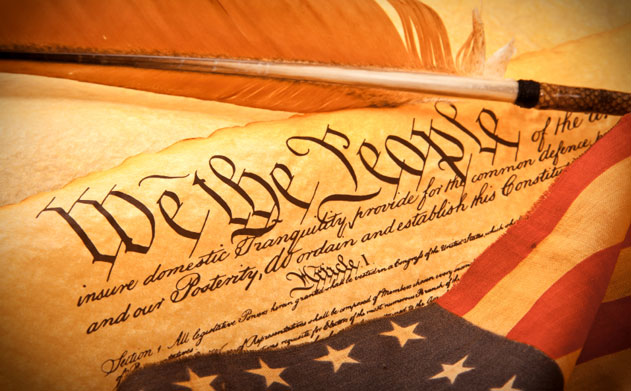People v. Rong He 34 N.Y.3d 956 (2019)
New York Court of Appeals Decision October 2019
Criminal Appeals Lawyer in New York City
A recent Court of Appeals decision stands as a reminder of the continuing importance of Brady v Maryland and its New York application. A successful Brady claim rests on a showing that (1) the evidence is favorable to the defendant because it is either exculpatory or impeaching in nature; (2) the evidence was suppressed by the prosecution; and (3) prejudice arose because the suppressed evidence was material. Test of materiality, as required for Brady, where the defendant has made a specific request for the evidence in question is whether there is a reasonable possibility that the verdict would have been different if the evidence had been disclosed.
Filing an Article 440 Motion in New York
The Right To an Attorney in New York
In People v Rong He the Court quoted Brady ’s holding that “‘the suppression by the prosecution of evidence favorable to an accused upon request violates due process where the evidence is material either to guilt or to punishment, irrespective of the good faith or bad faith of the prosecution’.”
THE BRADY RULE:
In Brady v. Maryland, the United States Supreme Court held that “the suppression by the prosecution of evidence favorable to an accused upon request violates due process where the evidence is material either to guilt or to punishment, irrespective of the good faith or bad faith of the prosecution”.
The decision repeated the succinct requirements of a successful Brady claim on appeal: “that ‘(1) the evidence is favorable to the defendant because it is either exculpatory or impeaching in nature; (2) the evidence was suppressed by the prosecution; and (3) prejudice arose because the suppressed evidence was material’ (People v Giuca , 33 NY3d 462 473 [2019] …).” The Court also noted that the New York standard for materiality is less demanding than the federal test.
FACTS:
The People objected to defendant’s pre-trial request for the direct disclosure of the witnesses’ contact information, and instead offered to provide the witnesses with defense counsel’s information. Yet this approach would not have provided defendant with adequate means for defense counsel to investigate those witnesses’ statements. Furthermore, at the time of the request, the People did not bring forth any evidence that defendant presented a risk to the requested witnesses. Consequently, there was no apparent reason at that time for implementing protective measures or otherwise insulating the contact information from disclosure in the face of defendant’s clear “right … to discover a potentially material witness”
ANALYSIS:
Because this did not provide adequate means for the defense to investigate the witnesses’ statements about the alleged offense, and because the prosecution did not make any showing that the defendant presented a risk to the witnesses in question (who arguably had identified a different individual as the assailant), there was “no apparent reason” for insulating the witnesses’ contact information from disclosure.
A successful Brady claim rests on a showing that “(1) the evidence is favorable to the defendant because it is either exculpatory or impeaching in nature; (2) the evidence was suppressed by the prosecution; and (3) prejudice arose because the suppressed evidence was material” (People v. Giuca, 33 N.Y.3d 462, 473, 128 N.E.3d 655 [2019]
In New York, the test of materiality where … the defendant has made a specific request for the evidence in question is whether there is a ‘reasonable possibility ’ that the verdict would have been different if the evidence had been disclosed” (People v. McCray, 23 N.Y.3d 193, 198, 989 N.Y.S.2d 649, 12 N.E.3d 1079 [2014], quoting People v. Vilardi, 76 N.Y.2d 67, 77, 556 N.Y.S.2d 518, 555 N.E.2d 915 [1990] [emphasis added] ). As noted, both witnesses’ statements, if true, would have directly contradicted the People’s theory of the case that the defendant was the sole perpetrator.
As of January 1, 2020, the defense is entitled under the new discovery law to automatic discovery (subject to prosecution efforts, on notice to the defense, of certain information), the Rong He decision is a reminder that making Brady demands can ensure the preservation of constitutional claims for appeal. Defense counsel should cite to both Brady v Maryland (373 US 83 [1963]) and People v Vilardi (76 NY2d 67 [1990]), and the relevant CPL article 245 provisions—245.20(1)(k), (l).
